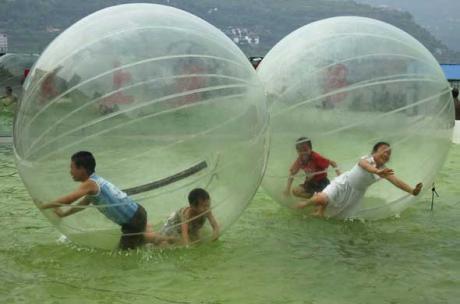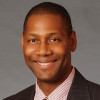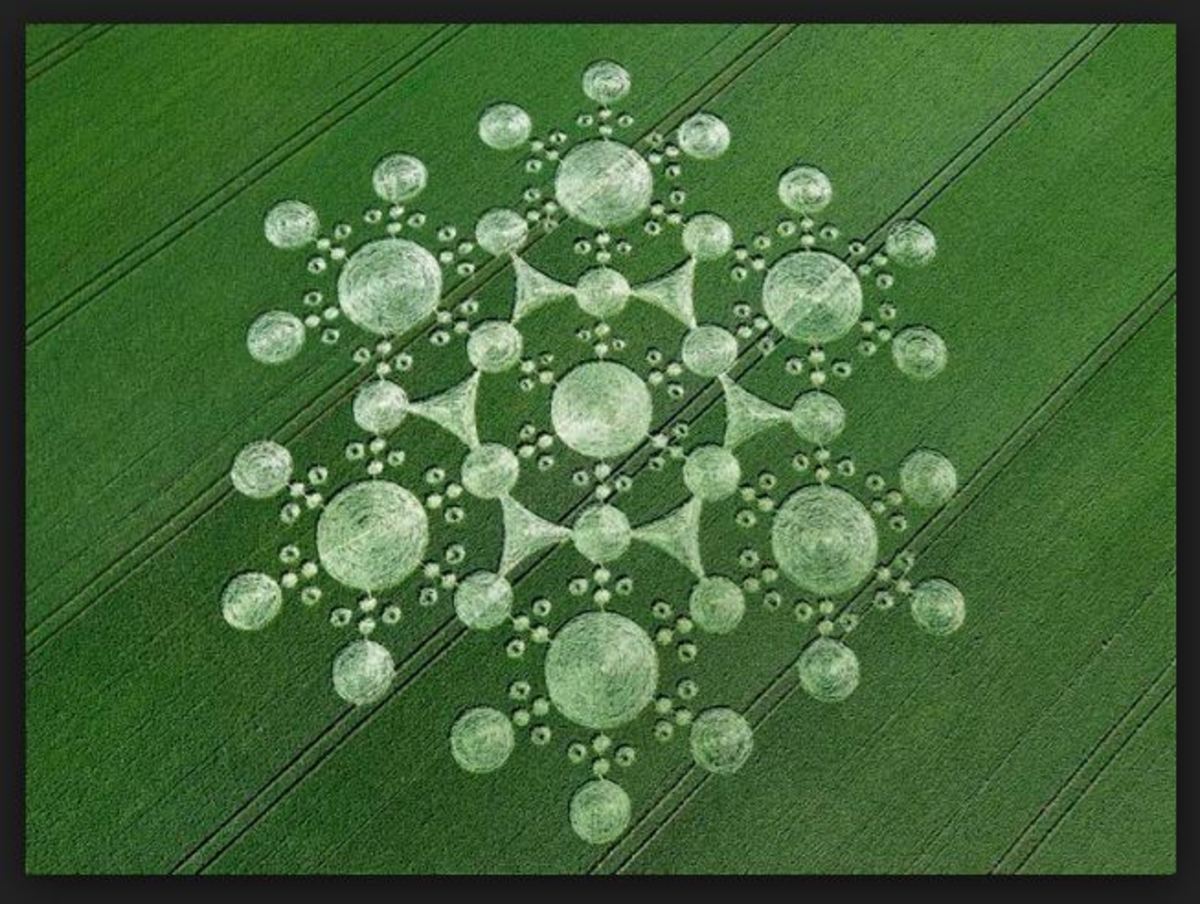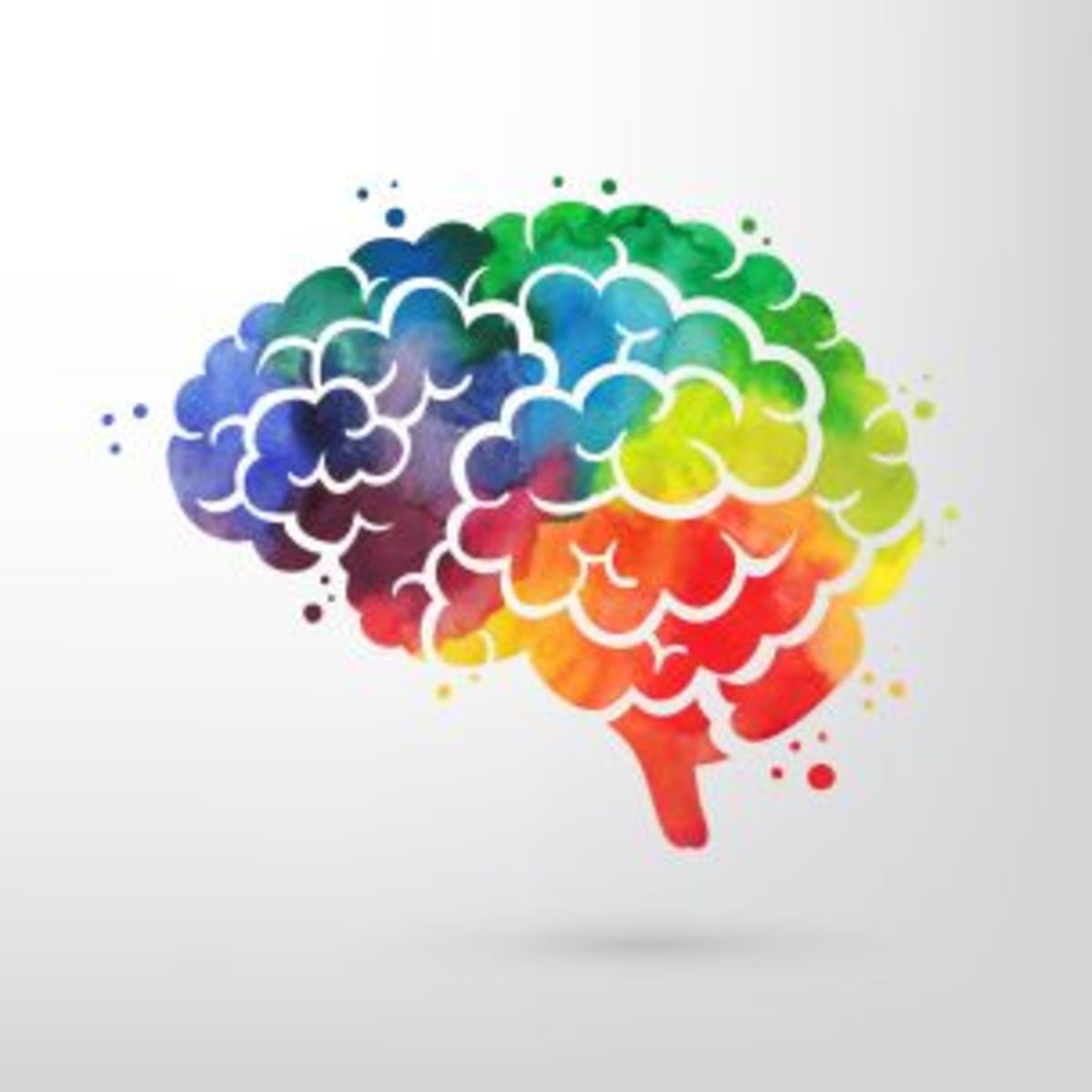Building Your Inner Circle Using The Quadrant Theory




Building Your Inner Circle Using The Quadrant Theory
June 5, 2013
Winston Wayne Wilson
@wwaynewilson
There are approximately seven billion people in the world, all with variegated intentions. Some of them will use their hands and feet to help us while others will use their hands and feet to harm us. In order for us to not be slapped around and trampled over in life, we must have a filtering framework that enables us to identify the “helpers” versus the “harmers”.
Once we identify the biggest helpers, we can invite them into our inner circle. Think of your inner circle as a “safe place” – a cozy unbreakable glass bubble in which you can see the world, the world can see you but guests enter your bubble by invitation only. This process is much harder than it seems. However, it is imperative that we filter because an unfiltered life will be blistering, replete with train wrecks and emotional turmoil. Filtering is an art, not a science. Accordingly, we cannot always filter out all the harmers. Nevertheless, the goal with filtering is to have the preponderance of people in our glass bubble being well-intentioned.
Filtering helps us to become more aware of the energy that people bring into our space. Like sleuths who seem to have double consciousness and a heightened sense of awareness, we must also seek to navigate our lives with the wide open eyes and crystal clear mind of awareness. In our state of awareness, we can more effectively absorb people’s positive energies and block their negative energies. Further, we will more readily identify “baggage in the making”, as well as “brewing drama”, and filter them out of our lives.
About ten years ago, I came up with a filtering framework that I call the Quadrant Theory, which was very loosely based on advice I got from a passing stranger many years prior. I have used the Quadrant Theory ever since to make some of the most significant decisions in my life and to keep my emotions from going on a rollercoaster ride that ends with a head bang. The Quadrant Theory can be used to filter people, places and things. Today I will focus on the Quadrant Theory for filtering people. The Quadrant Theory for filtering people states that everyone in our lives will fall into one of the following four quadrants.
ADVOCATES
People who like us for the right reasons
LEECHES
People who like us for the wrong reasons
MERCILESS CRITICS
People who hate us for the right reasons
DISCRIMINATORS
People who hate us for the wrong reasons
Advocates are the people in our lives who like us for the right reasons. They respect us. They believe in our potential and want nothing more than to see us achieve our highest goals. They are not “yes” people but they are strong Advocates who will give us tough love if they have to. They give us books to read, share ideas with us, and introduce us to people who can help us along our paths. If we won Powerball, they would be truly happy for us and would be the last people on the face of the earth to begrudge us of our blessings or to form a line outside our new mansions to beg us for their share of the pie. We do not always know who our Advocates are because, believe it or not, we typically do not spend most of our time focused on the people who are in our corner. We are too busy worrying about the opinions of the people in the other three quadrants. Also, we sometimes assume that certain people are our Advocates, when in fact they are not. One of my most startling discoveries, when I completed the Quadrant Theory for my own life, is that I discovered that I was missing from the Advocates quadrant. I was not in my own corner. Sometimes, indeed, we are our own worst enemies. I was a Merciless Critic. I doubted myself because I knew too much about myself and my shortcomings. Sometimes we will also discover fathers, mothers, brothers, sisters, husbands, wives, bosses and best friends missing from the Advocates quadrant. The most courageous thing we might have to do is filter them out, if it seems that they will never become Advocates.
Leeches are people who like us. Sometimes they actually like us very much, but for the wrong reasons. They like our cooking, they like our cars, they like our houses, they like our clothes, and they like how much money we make because they can always leverage what we have to benefit themselves. They make us feel good because they are always around us, which gives us the misguided feeling that we have many friends. When they wolf down that plate of food we prepare and lick their ten fingers our hearts beam with pride from the culinary validation. They butter us
up with praises and tell us that we are their best friends – that is why they are honoring us, and no one else, with a request for a loan. Even though we do so begrudgingly, we wind up conceding and granting the loan. They borrow our cars, and sometimes wreck them – and we forgive them. They take jabs at us – and we forgive them. They borrow our CDs, our books, our clothes and everything else that can be borrowed. Oftentimes, they do not return the things they borrow – and we forgive them. If they could borrow our minds, jobs, and significant others, they would do that too – and we would probably forgive them when they take these precious things and not return them. Why? Because leeches are amongst the most dangerous people but they have the biggest smiles, the darlingest eyes and the sobbiest stories and we always feel guilty for saying “no!” to them. Besides, their presence in our lives secretly validates us either because of the lavish compliments they pay us or because other than these people, there are not many other people in our lives. So we hold on to them. Money might not be able to buy love but it most certainly can buy Leeches. Lots and lots of them. If we won Powerball, Leeches would be the first in line with the specific amount that they want from us. The amount will shock us, but we might still give it to them anyway. They will burn it and come back for more – and we will forgive them and then give them some more loot.
Merciless critics are people who hate us for the right reasons. We are not perfect, so there will be people who we might have harmed. We may have lied to them, deprived them of our love or our time, perhaps cheated on them, stole from them, said malicious things about them, verbally or physically abused them or showed them our worst side and our worst qualities, including our unbridled foibles and failures. Whatever it is that we have done, they are unwilling to forgive us for it. However, they take revenge to the extreme and, even when we display signs that we have changed, they simply do not believe that we can ever rise above the lowest point at which they encountered us. Their motto is “once a liar, thief, cheat, or failure will always be a liar, thief, cheat or failure”. If we were a dunce in high school, they will say, when we tell them that we are thinking about college, “Seriously? Please, you know your head is not good!” They are slow to endorse and quick to discourage. They are reluctant to listen but voluntarily spew gloom and doom on our dreams. They always carry a monkey wrench in their pockets, like an American Express card, and they have no hesitation in throwing it in our auspicious plans. They are so sure that we will amount to nothing that they sometimes actively campaign to get supporters to help them prove their point. They believe our destiny is set and our storybook, as they know it, is sealed. They think we should just accept that we are failures. If we won Powerball they would be the first to say that we did not deserve it and we are going to lose it because we have no sense. Their advice would be that we should give it away, to them of course, or else we will be destroyed by it.
Discriminators hate us for the wrong reasons. They actually do not know us at all or they do not know us well enough to really judge us. They do so anyway because they can. They do not like us for reasons that are based on prejudice, stereotypes, and fear. They sometimes hate us so much that they would prefer to not interact with us at all and, if push comes to shove, they would be fine if we disappeared off the face of the earth. Discriminators have virtually zero interest in our empowerment and, if they see us as a threat to their empowerment, they might go as far as to harm us or advocate against us. If we won Powerball, it would make them bitter because they know for a fact that we do not deserve it. They might even go as far as to lie in wait for us, as we are on our way to the bank to cash the check, and steal all our money.
The Quadrant Theory also states that, in order to succeed in life and achieve our personal best, we should focus our energy on one quadrant. That one quadrant should be pretty obvious – the Advocates. Imagine a daily life surrounded by Advocates and how successful we would be? A life without Advocates is akin to hammering nails with our bare hands. Advocates provide us with the enhanced ability to hammer out the tough as nail issues in our lives. We should tell our Advocates that we acknowledge them as such and that we want to invest more of our time and energy with them. This will only serve to strengthen the relationship with our Advocates.
I have been asked whether a person can be in multiple quadrants. While I think it is possible, the focus is on the person’s dominant trait as it relates to their attitudes towards us. In other words, a person can be consistently mean to us but consistently kind to someone else. We can exclude that person from our glass bubble while someone else happily includes the person in theirs. That is fine. The key point is that filtering is not based on someone else’s opinion about a person. Filtering is based on your opinion about that person as a result of the experience you have with the person. What we are evaluating is how the person treats us the majority of the time. If a friend complimented you for something you did in the twelfth grade but has berated you ever since then, and you are now 40 years old, then that friend is a Merciless Critic. Sporadic historical acts of civility do not upgrade them to an Advocate.
My challenge for you today is to recognize the harm of living an unfiltered life. Once you do, you will begin to use your energy wisely by investing it primarily in Advocates who are returning the favor and investing their energies in you. Enjoy your day.








